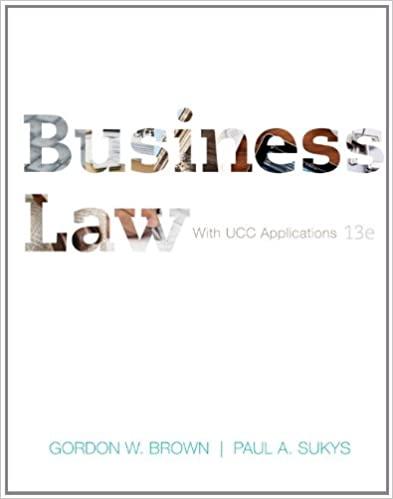Read the following quotation on the nature of morality. As you read the quotation and reflect on
Question:
Read the following quotation on the nature of morality. As you read the quotation and reflect on the ideas that the author presents, ask yourself if the position represents your own point of view. Then answer the following questions based on the reading. Make sure that you are prepared to defend each response in a thoughtful manner.
From the American founding until World War II, there was a widespread belief in this country that there is a moral order in the universe that makes claims on us. This belief was not unique to Americans. It was shared by Europeans since the very beginning of Western civilization, and it is held even today by all the traditional cultures of the world. The basic notion is that morality is external to us and is binding on us.
In the past, Americans and Europeans, being for the most part Christian, might disagree with Hindus and Muslims about the exact source of this moral order, its precise content, or how a society should convert its moral beliefs into legal and social practice. But there was little doubt across the civilizations of the world about the existence of such an order. Moreover, the laws and social norms typically reflected this moral consensus. During the first half of the twentieth century, the moral order generated some clear American social norms. . . . The point is not that everyone lived up to the dictates of the moral code, but that it supplied a standard, accepted virtually throughout society, for how one should act.
Self-Evident Questions
1. The author observes that before World War II people believed in an external morality that binds us all. What sociological, political, and economic events might have worked together to destroy that belief in an external morality? Explain.
2. Do you agree that Christians, Hindus, and Muslims, all shared in the consent of that universal moral code? Why or why not?
3. If many people saw fit to completely ignore this common code of conduct, then what was the point of having such a code in the first place? Explain.
4. What “clear American norms” might have been generated by this universal moral order? Explain.
5. Given the cosmopolitan world in which we live today, does a universal moral code make any sense at all? Explain.
Step by Step Answer:

Business Law With UCC Applications
ISBN: 9780073524955
13th Edition
Authors: Gordon Brown, Paul Sukys





